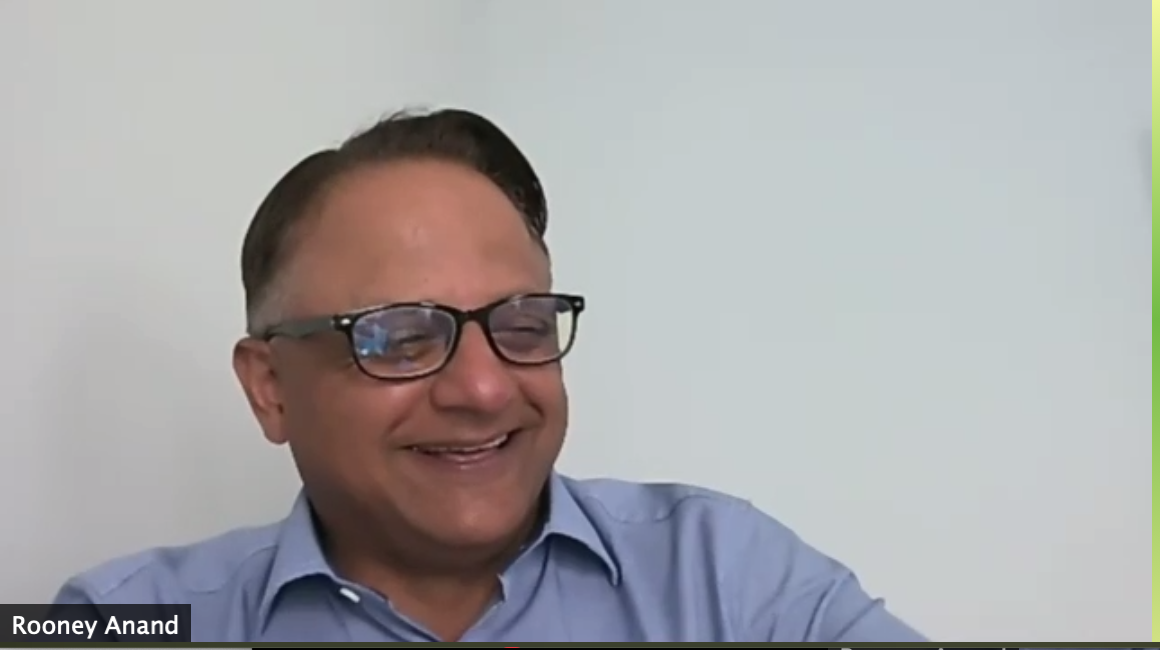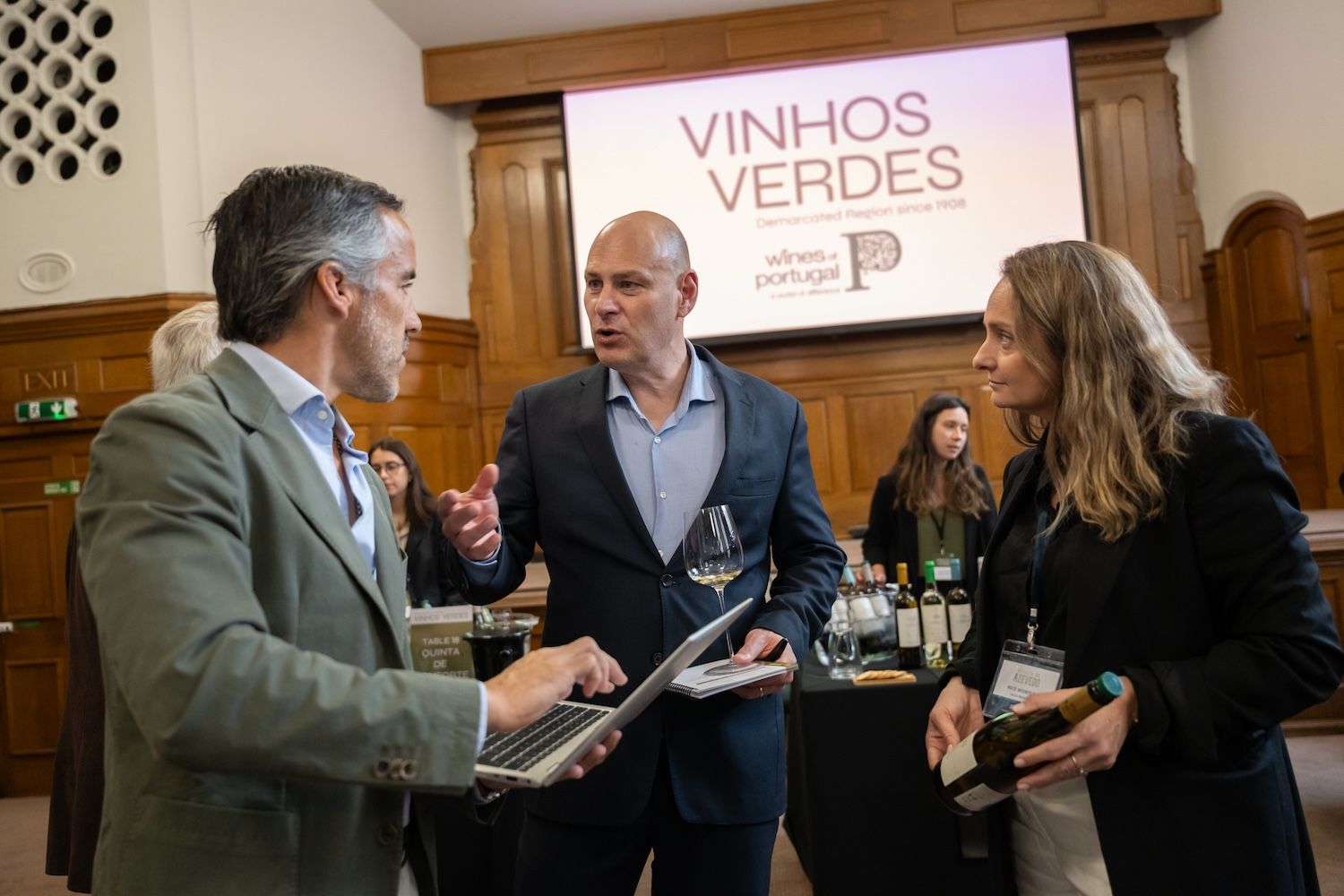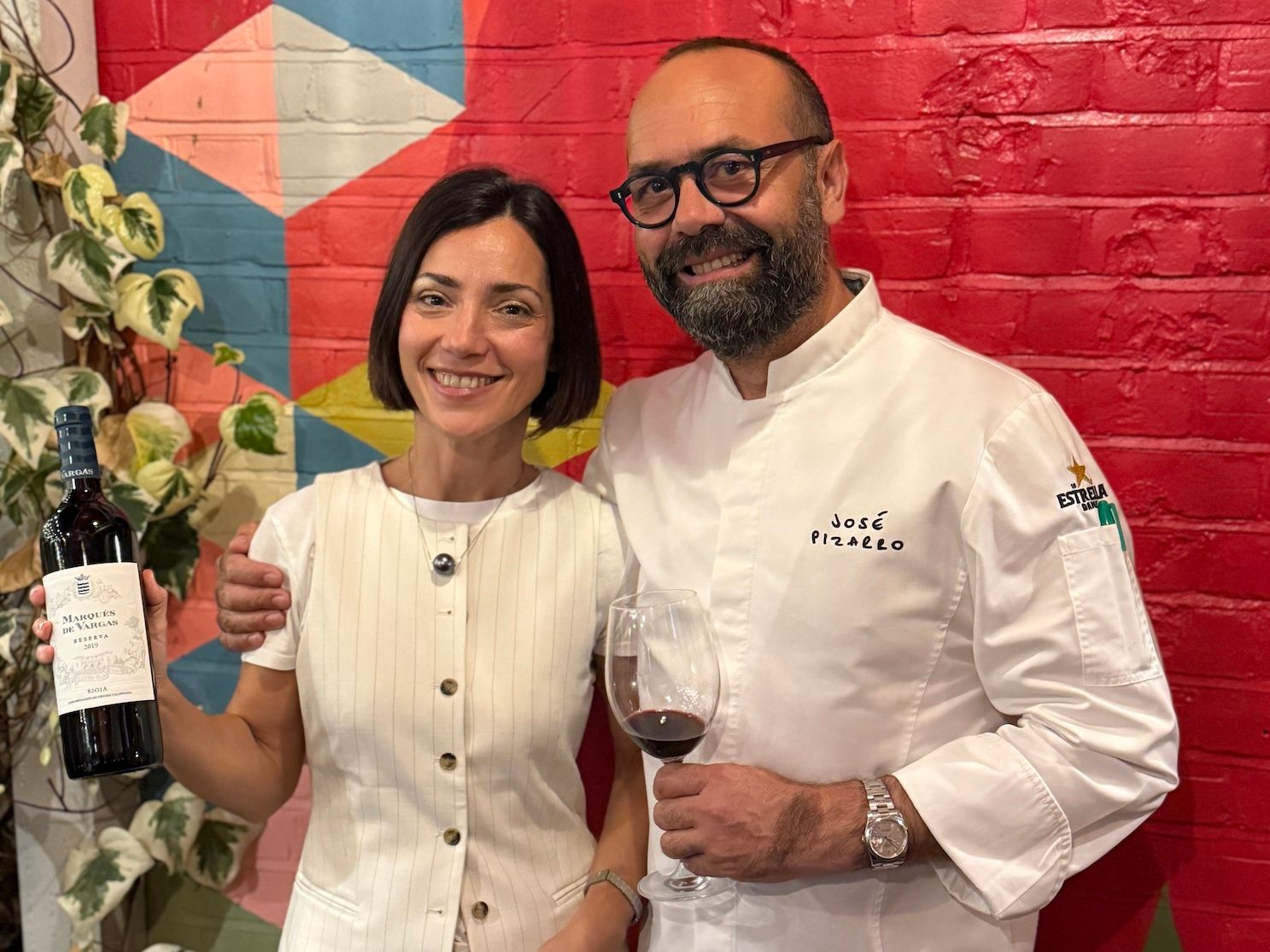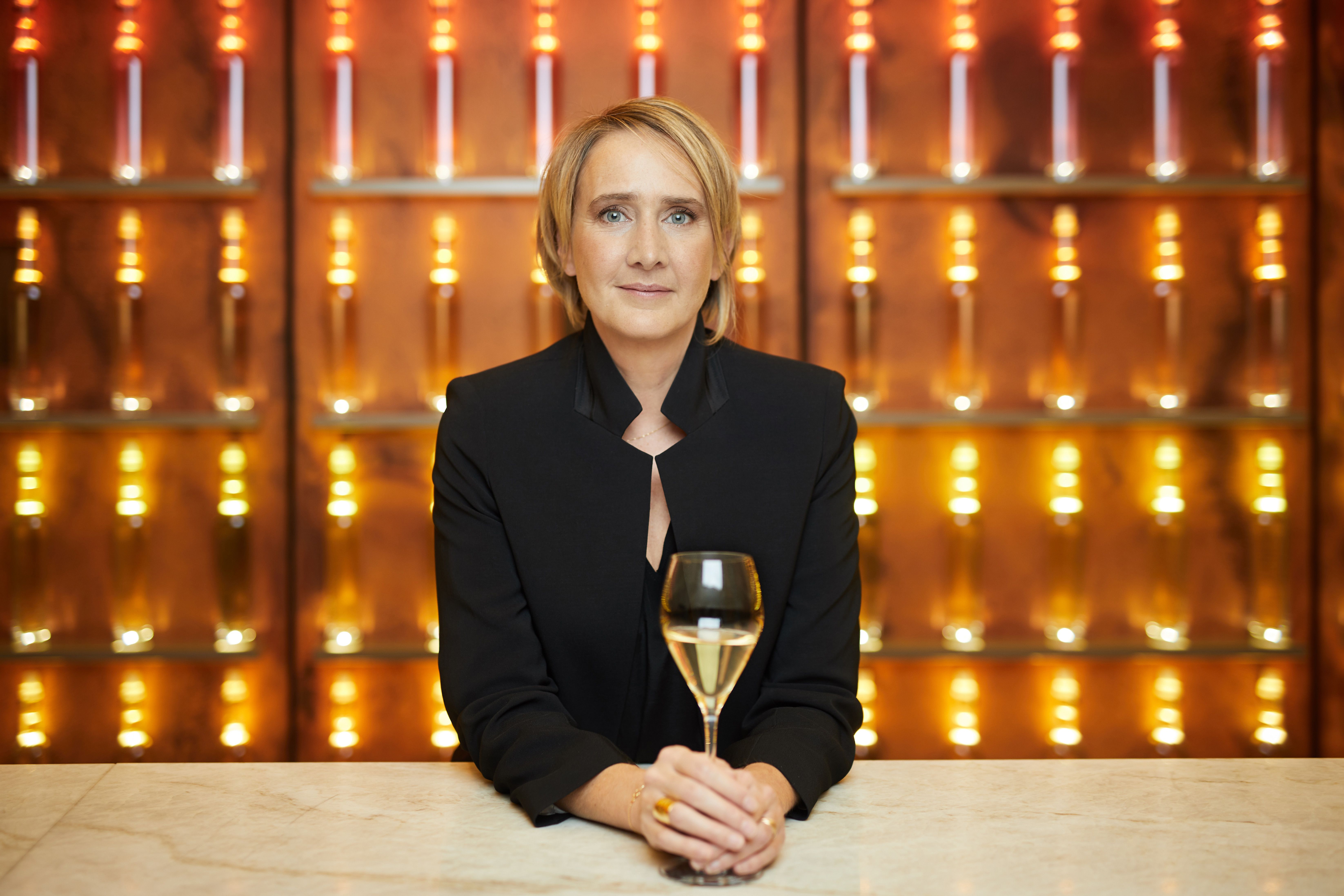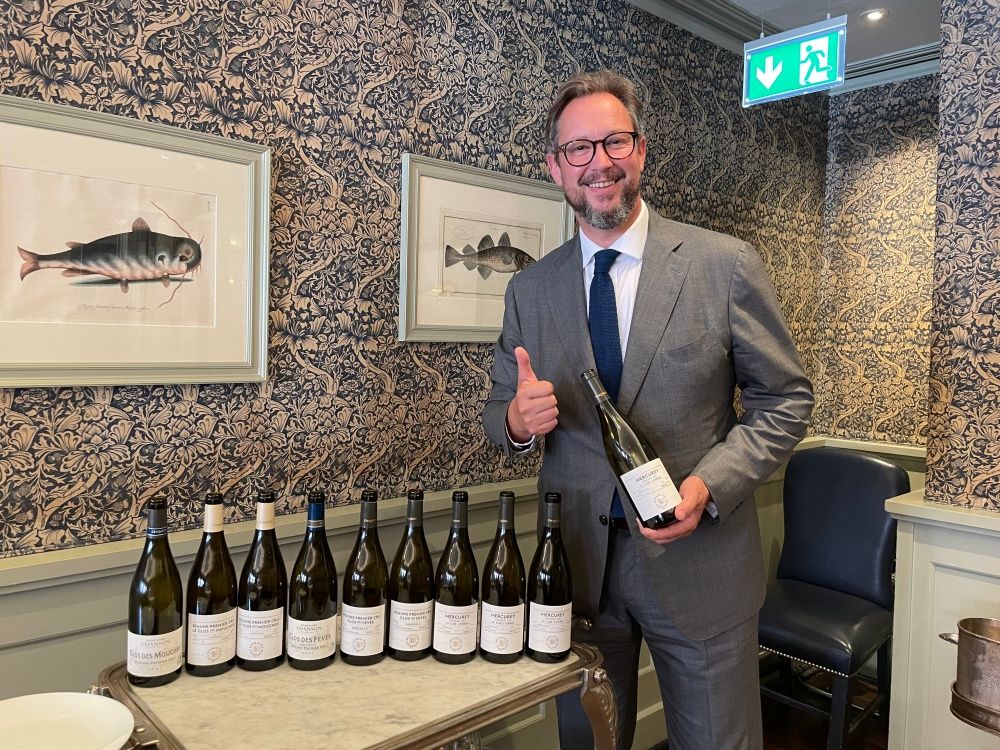Rooney Anand former chief executive of Greene King was one of a number of business leaders willing to share their experience of managing your way through a crisis for the WSTA online summit.
“Don’t wait until you’re in a crisis to come up with a crisis plan” is one of the many quotes you can come across online about how to deal with a crisis. But as with so many similar catchy, but equally throw away lines – like “everything counts in a crisis” – they don’t really help you actually tackle the crisis in front of you.
Particularly not one that has “global pandemic” written all over it where every business in the world had to cope with circumstances they could not foresee, were completely out of their control and changing left, right and centre, every day of the week.
You need a lot more than a Tony Robins book to see you through that.
What you do have as a business leader is the experience of living and managing your way through other crises, which are usually more to do with the health of the economy or your own company than the public health of the country.
Dispruption = opportunity to change
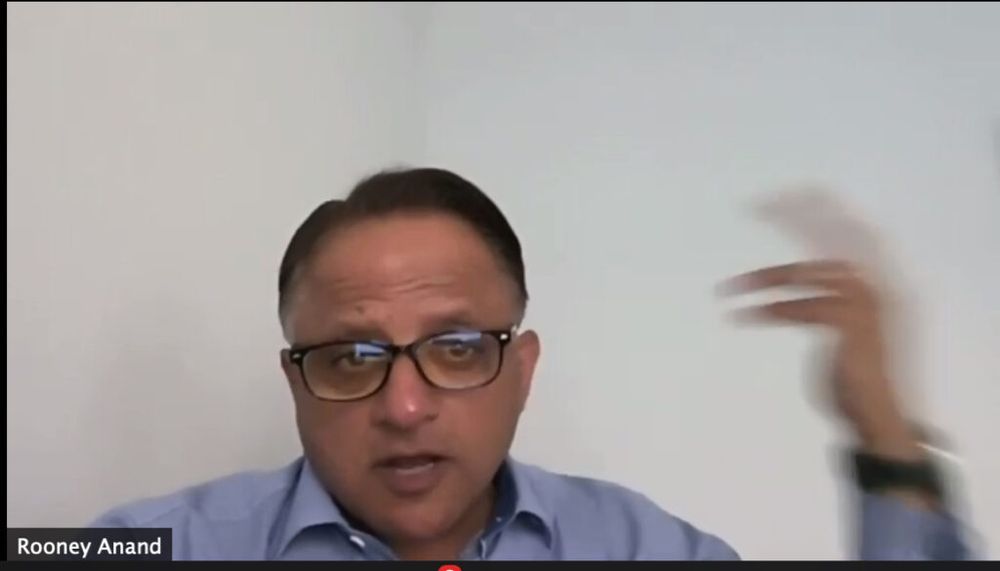
Rooney Anand was able to explain his own personal management style and the importance of trusting the leaders you put in charge
In an engaging hour’s interview during the WSTA summit with broadcaster, Alex Forrest Whiting, Rooney Anand said times of great disruption can often work to a company’s advantage as they provide the backdrop for them to “drive through a lot of change” that in usual times would be met with resistance and reluctance by staff being asked to do something different to their normal working lives.
The difference with the Covid-19 outbreak is that it is not just businesses that are in the firing line, but it is “fundamentally changing so many aspects of our every day lives”.
He likens Covid-19 “as having your finger on the fast forward button” and the chance for businesses to make change far “quicker than normal”.
It will have also taught companies a great deal about what is really important about their business. What sets it apart? Who are your best people? Or as Anand puts it which bit of the your company would you look to save if your “building was on fire”.
Long term changes
Which for the hospitality sector could have long term ramifications as we become increasingly aware of our personal space and it’s likely we are all going, to some degree, be more “guarded and cautious” about occasions, and events where before we would not have given them a second thought.
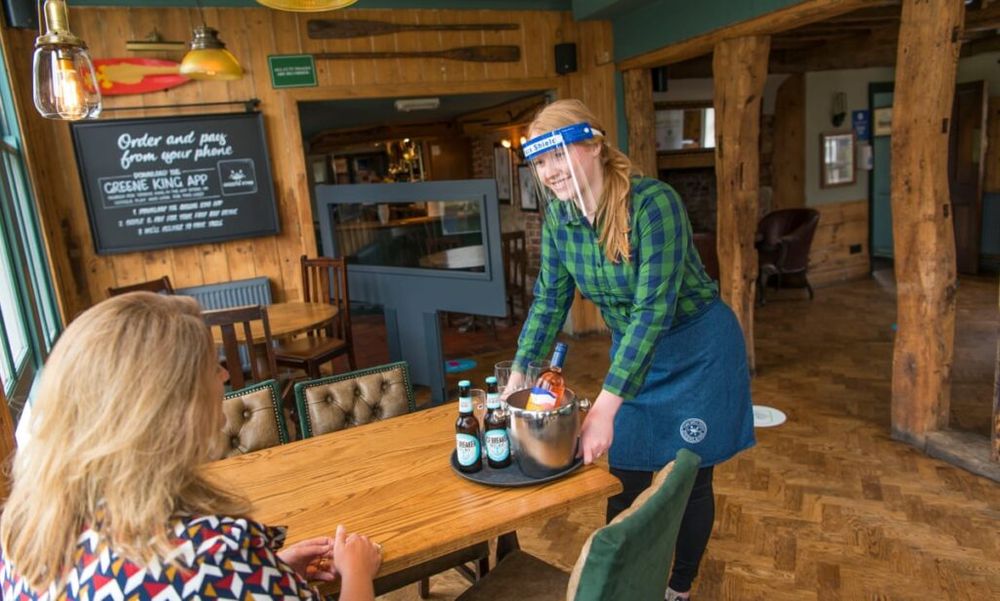
We are all going to be slightly more cautious going out to eat, says former Greene King chief executive Rooney Anand
From a business perspective, Anand can already see the benefits that the lockdown is having on the overall on-trade sector where previously it was all about pushing volume and high traffic of customers through outlets, driven on the back of promotions and deals, the future of hospitality needs to be at a higher level than that.
He admits that even at Greene King they had become “too reliant on discounting” and the new on-trade going forward needs to be far more about the quality of offer, and, in particular staff and levels of service.
Anand hopes Covid-19 will make operators far more trusting of their staff and free them up from quite rigid training and expected behaviour and allow them to make more of their own decisions in order to give customers a better overall experience of eating out.
“We need them to handle situations in real time more and not all from a handbook,” he said.
Which is why his advice to any business leaders in the hospitality and drinks sectors dealing with nationwide or regional teams it is to get out as much as you can to get out on “the front line” and talk to them directly and give them the opportunity to ask you questions.
It was one of the first things he did at Greene King was to organise regional meetings where he could explain his vision personally to as many staff as possible – and give them the chance to quiz the CEO back. It’s important they feel that the “top team” really cares about them and that you as an individual have the chance to have your say about what the business is doing, he stressed.
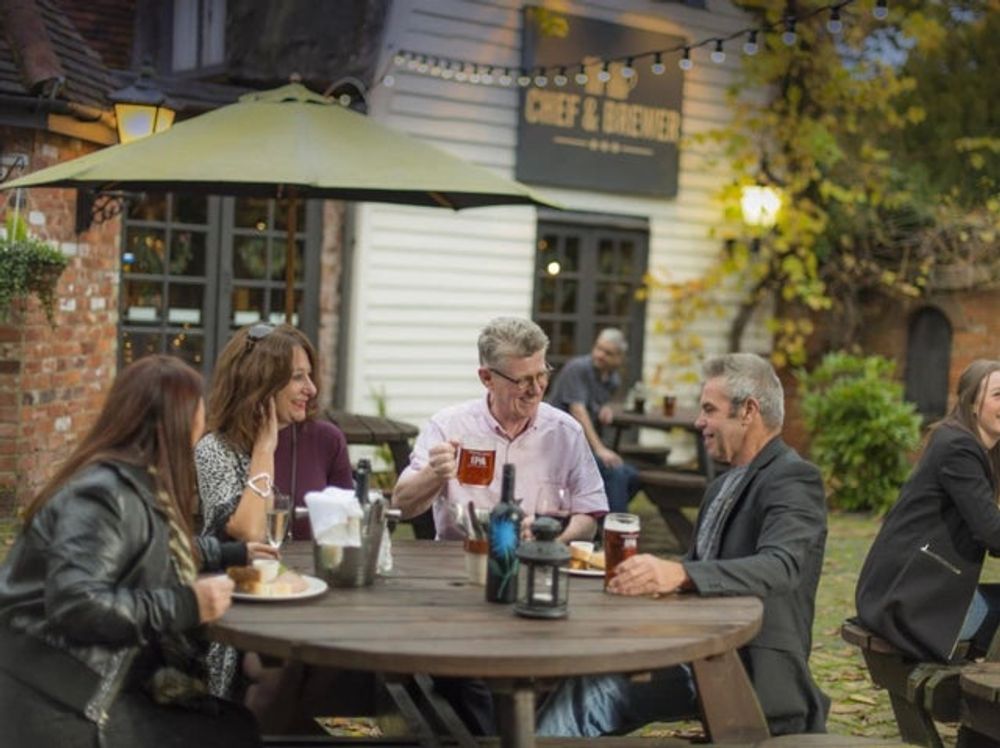
With so many pubs and formats across the country it was vital for Anand that he got and gave his staff the chance to hear from him, but to also ask questions and put him on the spot
All about relationships
There is a lot of talk about “relationships” in the on-trade, he added, which for the most part are good and healthy, but this could be an opportunity for chains and groups to have better relationships with their own staff, as well as their customers.
His earlier career in FMCG, working at United Biscuits and Sara Lee, showed him what an advantage the hospitality sector has as so much of it is based on long standing and trusted relationships between suppliers and operators, whereas the grocery retail sector is much more dog eat dog.
The higher you go up in a business the more you rely on how strong your personal relationships are with other senior members of the team. As chief executive you actually have less control on the day to day running of the business as that is all devolved down through your senior team.
So the key to any successful business leader is make sure you have the right leaders in your team that you trust and believe in, and vitally, trust and believe in you too.
For him that was a case of blending both internal and external management skills so that you were able to give opportunities the best talent in your company, but to also bring in allies and different skills from outside.
Staff relations under review
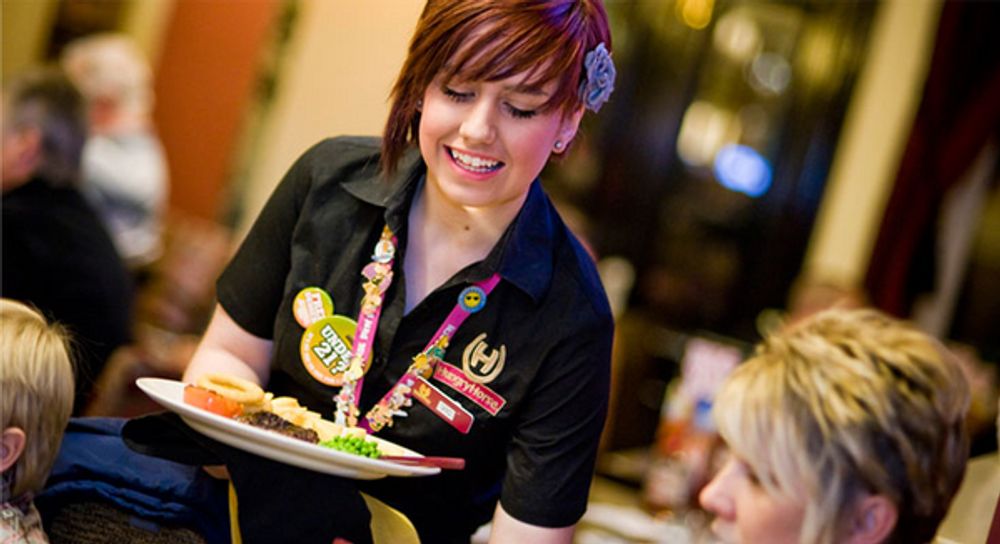
Anand says major on-trade groups will need to allow staff to think a lot more for themselves and not just follow company handbooks
Regardless of how strong your staff relations were before Covid-19, companies are going to have to have some tough conversations about how they go forward. Just how are they going to balance the working from home or in the office? How can both sides learn and adapt and come to a compromise that works for all.
Businesses, said Anand, are going to have behave as “sensible employers” and look at what is in the best interests of the company and the “obligations” it needs to meet and, that means putting whatever “contract” they have with their employers “under review”.
Customers and costs
His grocery career, however, taught him the importance of putting customers first in everything you do and how every major decision you make is based on data, insights, facts and managing costs to the nth degree.
It’s a mentality and approach he certainly brought to his time at Greene King and that mantra of focusing on “customers, competitors, cash and costs”.
How to think outside the box
The WSTA Summit also brought together business leaders from outside the drinks industry – Alex Depledge MBE founder of online building design site, Resi, Claire Strickett, senior planner for adam&eve advertising agency, and Steve Macatonia, co-founder of Union Hand-Roasted Coffee – who were able to demonstrate and share their experiences not only building up their own businesses but how they have responded during Covid-19.
Depledge has a long track record of setting up online platforms that tap into the heart of how people are increasingly wanting to shop and use local communities and networks to find the most effective solution for them, rather than being forced to using major national corporate businesses where you sit waiting for a call centre to answer your enquiry.

Alex Depledge MBE: leading is about listening and reacting
Her latest project is Resi, which helps people design, build and finance their homes, had to go through some radical changes during lockdown where it was not possible to do house visits or even sell and buy property for a while.
She quickly responded by developing a laser product that people could use to make their own measurements of their property to at least get details posted and deals started.
Steve Macatonia, co-founder of that relies so much on offices and people being out working for its business, had to switch direction and move to selling as much as it could to major retailers as well as going DTC.“People still wanted to drink coffee but they were at home, so we had to find ways to help them do that,” he says.
Within two days it had set up a DTC e-commerce site and has seen its online sales quadruple since.
Give it a go
Although they run vastly different businesses they were all agreed the best way to get going and find out it their business model is going to work is to do exactly that. Start. Give it a go, even if you don’t know anything about the sector you are trying to work, said Depledge.
Providing you are authentic, honest and transparent about what you are doing then people will listen to you, providing you are offering them something that is potentially a new solution they have not seen before, said Strickett, who has also written a book during lockdown with sommelier Bert Blaize called ‘Which Wine When’ which is an alternative take on what wines you should eat with your favourite dishes.
Depledge believes Covid-19 will result in a “fundamental shift in how people see brands” and this desire for authenticity and “being local” will only intensify. Consumers will want to even more spend money with businesses that “reflect their own standards and beliefs”.
That said you can’t afford as a business owner to get too carried away by the environmental agenda, for at the end of the day “price wins every time”. The key is to find the right balance for your business.
Which also means getting the messaging right, stressed Strickett. She agreed that price usually wins out in any consumer decision versus sustainability. “You have to find ways to motivateconsumers and how they make that end purchase,” she added. “Make your story as interesting and as memorable as possible.”
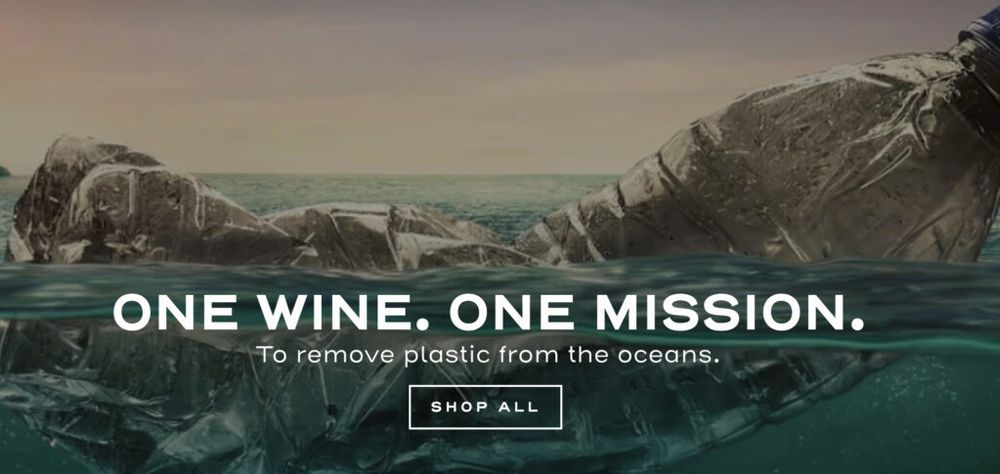
What mission or purpose do you have as a brand or company?
Responsibility
They also agreed the hardest aspect of starting your own business, and recruiting staff, is the responsibility you then feel towards them.
In the depths of lockdown Depledge admitted it became a real worry for her. Macatonia agreed: “You feel a moral responsibility for so many people both for those you employ, but also who supply you. You need to be a little bit removed to be able to your job everyday.”
As for finding the right kind of person for your company? Depledge said she did not look at CVs but more a person’s ability to show her they can “overcome adversity”. “How they are resourceful, can re-invent themselves.”
She urges anyone in the sector who is out of work due to Covid-19 to be as “pro-active” as you can and “use this time to do something productive” which may not be directly connected to your career. “People who feel sorry for themselves will find it harder to get work,” she warned.
- If you would like to share how you have have responded to Covid-19 as a business, or if you lost your job and are looking for a new opportunity and want to share your management insights on The Buyer then contact Richard Siddle on richardsiddle@btopenworld.com.
